Posted on Sep 08, 2017 in EdTerra's Travel Nerds
1 Comment

I have always loved stories. They take me to places where I want to go and to the places where they want to take me. It is an adventure, nevertheless. I read them in my own voice at times or often in the voice of the character created by the author. When in school, I would sit for hours in the library looking at photographs and reading articles written by travelling journalists . Sessions used to extend generally and would drift away into comics , yearbooks and I would frequently delve into the works Shakespeare, whose writing challenged me intimately, simply because I couldn’t understand most of it. I still haven’t given up on him. My mother was convinced of me turning into a trotter, seeing me immersed in my new found spontaneity and exalted sense of exploration. Every experience seemed more interesting and out of compulsion I wanted to read more. Also, I was a different superhero everyday.
That’s the power of storytelling.
Over the years, I had read a variety of books, in all formats I had access to. The more I read, the more I started caring about them and what’s written in them. Though the technology used to make the books at that time was state-of-the-art, the books themselves are as primitive as renaissance. Nothing much had changed in the last few hundred years except for the introduction of colour prints and advanced paper qualities. This is perhaps the reason that boys and girls of my generation were accustomed to hard bounds and paperbacks. People rarely had access to new books and the old ones would change several hands before someone would end up losing it. Like always, there were limited copies of a book in the Library and one had to wait for months at a time before getting their hands on the most coveted paperback. Life wasn’t easy after getting your hands on a book. You now had to hunt for a thesaurus.
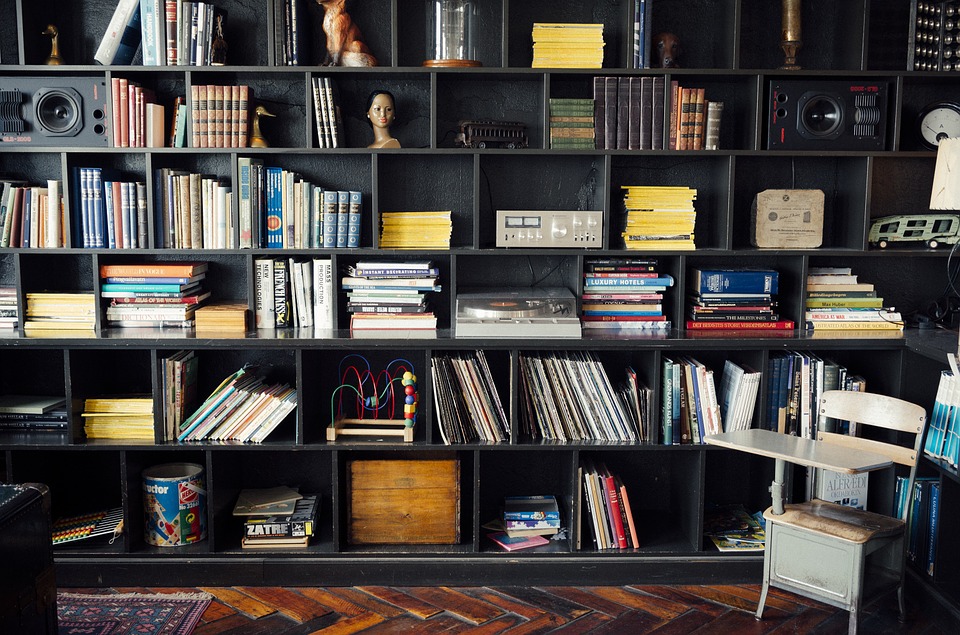
Enter, the Internet. The technology once believed to be dated, has outlived expectations. The World Wide Web took over the world by a storm. Of course, before the storm there was a calm.
For the first few years, the internet moved at the speed of a glacier, literally. It was slow and no one really knew that a search engine was not a physical engine but a set of instructions given to a television like apparatus kept on the top of a desk (hence the name, desktop). Only a handful people I knew wrote emails to each other and I would wonder, how would one send gifts across a length of wire. We are all aware now of how ecommerce works. Here’s a fun fact: France had it’s own version of the Internet before the modern world and people could do grocery shopping from their homes. It died a slow and painful death. Nevertheless, the whole world was connected and somehow they did ot know about it. I started accessing services like Yahoo, Altavista, DocPile and of course Google. One could actually download books. For real. The format common at that time was TXT and DOC but one could still read books. They were so few that you really had to search with specific keywords and be very precise with the spellings otherwise the whole effort would be a dud. Inspite of my excitement and relentless efforts, I would often return empty handed out of a cyber cafe or the school computer lab (mostly because I was kicked out as time was up).
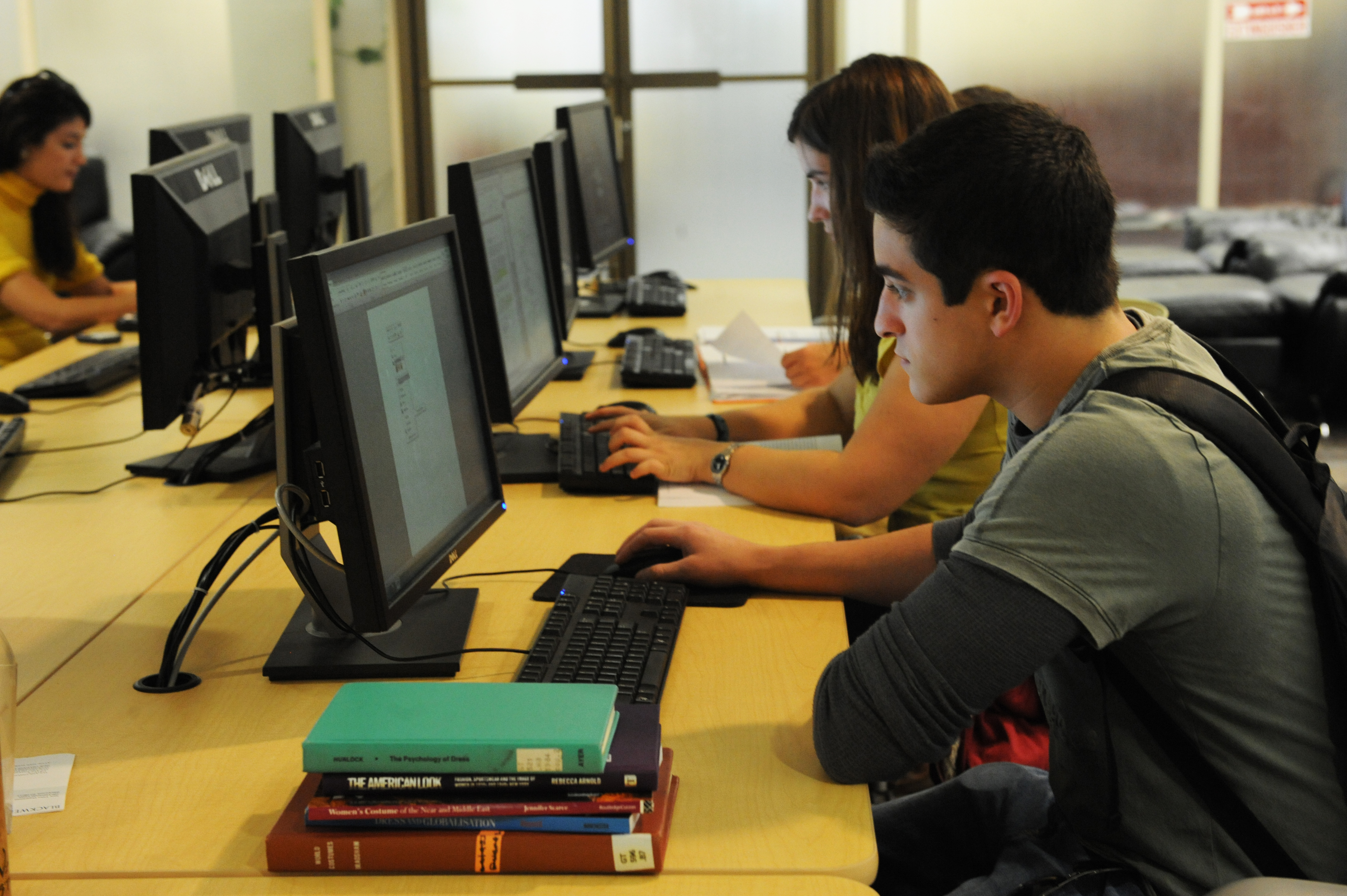
My habit of reading diversified now as a new format took grip on the tech savvy me and the first document I came across was a scanned copy of ‘Alice in wonderland’. I could smuggle it in a floppy disk easily. I could read the book anywhere in the world (my home and school), send it to anyone on email (yes, excruciating), replace it with another book and all of that in a small device. A floppy could store only 1.44 MB of data but 15 years back, that was pretty much the definition of a personal library for me. Copying a book electronically was also not illegal in those days. Life was good. PDF was the new paperback. I would still miss spending those hours in the library and going through shelves of rugged, dog eared and stained pages. Volumes of Encarta Encyclopaedia and National Geographic were my best friends then. Technology caught up and the floppy was replaced with the Compact Disc and later flash drives. One can now send volumes of data over the air and you don’t even need a computer to read a book. A phone doesthe job. A phone has its discrations too. Email, Whatsapp, Facebook, SMS, Phone call. How can one catch a break? Though I have plenty of digitised books with me, but do I really get the time to read them? A tablet wouldn’t do justice either.
The paperback is a portal to another Universe for me and millions of other people who consume them like Cassava. The semi rough, bleached pages and the smell of fresh ink kept lingering in the deepest parts of my brain and I became a compulsive book buyer again. For 5 years straight, I visited the local bookshop and meticulously scanned the shelves for new titles and old. I made it a point to spend a 10th of my salary in buying those books and in no time did I create my own mini library. My book reading and buying were racing against each other (like the USA and USSR during the cold war) and soon I started running out of space. I lined up as many books as possible in my wardrobes, replacing clothes and other essentials. Books were lying on the bed and were neatly piled on my desk. Some of them were waiting for their turn to be read and some of them were just looking for a place to rest after being read once or multiple times. I might have left a couple of books in the middle as I did see bookmarks making their elaborate and significant yet modest appearance from their keepers. Such villainy.
I had stopped visiting the bookstore because I could not afford any more books. I had run out of space, not money. I could even trade a meal for a book. My last shopping spree was when I bought a suitcase full of them during a clearance sale at Harper Collins and when I returned home, I had zilch of an idea about where would I keep them and had to find a solution, quickly. Fortunately, I had some space left in an empty suitcase. So now, to get more books, I could either buy a new house or push the walls of my current house outwards to make the rooms bigger, so I could buy more books and store them. Life goals are such. I am a huge consumer of new and promising technologies and Amazon introduced something revolutionary – The Kindle. For a moment I was excited because this seemed to be it, the solution to all my problems. I was also a skeptic for a very long time and waited to see countless reviews and feedback from people around the world but still couldn’t convince myself on buying one. Was it worthwhile to invest money in this product?t? I had no clue until I would get my hands on one.
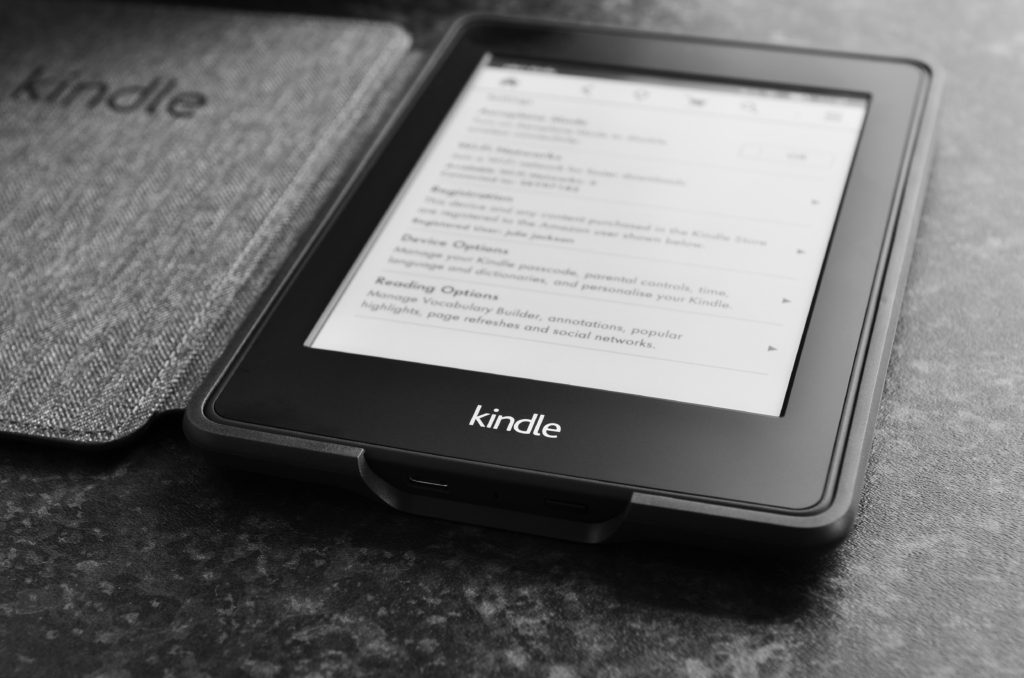
Out of impulse and a dire need, I ordered a Kindle Paperwhite (because the simple version isn’t the most ideal choice) and hoped that it was a good decision. I was nervous in the beginning and anxiety grew on me as the date neared. Butterflies were born and died that week. See, for an old school guy like me, shifting back to an electronic device was too much of an investment. To solve the space problem I knew I could not buy books anymore. However, this held true only if I did not come across a bookstore. When you enter a bookstore , the aroma of a fresh stock of printed books is like struggling live bait stuck to a fishing line laid down for the Tuna destined to be canned. You are the Tuna and you end up buying books.
Kindle, what if it were only a detour? Time would tell.
The package arrived while I was in the middle of an important meeting. All I wished at that time was for the meeting to get over as soon as possible. Time in real sense is relative and it became slow. I would look at my wrist watch again and again. An hour had passed but in real time it was only 5 minutes. The meeting just wouldn’t get over. Rested on my table, a nearly packed box, contents of which were unknown to many. The meeting got over and I opened my file drawer to look for stationary to tear open the packaging (and enjoy the bubble wrap). Out came a small black box, the print on which said – Kindle Paperwhite. This was accompanied with a photograph of a device. As I unboxed it, out came the manuals under which was kept a small black device which on holding was as heavy as a paperback and was much thinner in appearance. Like the Mona Lisa, the kindle is awfully small but the devil lies in the detail (book readers will relate to it). The Kindle has only one button to turn the device on and off. The rest is on the screen which responds to finger touch. The screen has almost non-existent glare and contrary to a normal phone/computer screen, the contrast becomes better when exposed to light. It actually reads better under a light source, just like a paperback.
The Kindle Paperwhite has a memory of 2.7 GB. This means I can store over 1000 books. You can buy books on the Amazon website. You will find most books much cheaper than the paperback/hardbound version simply because all the print and storage are done away with. Yes, cheaper books, sometimes at fraction of the cost. You don’t have to visit a store to buy a book because you can simply choose the ones you like from more than a million books already listed on the Amazon website. Among these are over 30,000 free titles, some of which have been favourites of book readers for several decades. A book once bought can be synchronised over several kindle devices and when needed you can access them on your phone/tablet and computer as well. If you are an occasional reader, the battery will last you for more than 2 months and if you are an avid reader like me, just short of a month. Now compare that to your phone/laptop/tablet.
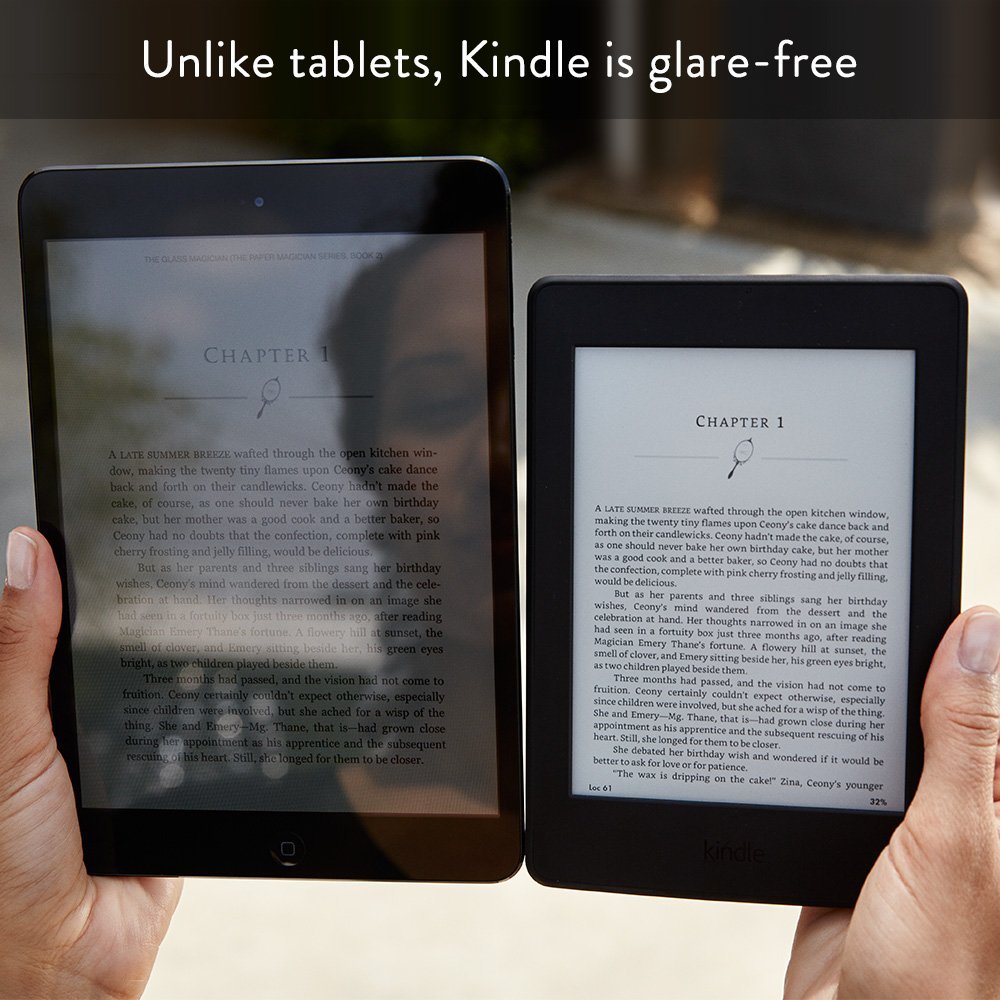
Kindle means uninterrupted reading pleasure because the interface is designed to act just like the page of a book. A simple tap on the left or right edge of the screen flips the page in that direction and the transition barely bothers you. The page margins, font size and style, contrast, spacing, orientation and screen brightness all can be controlled by tapping on the top edge of the screen and a slight slide of the finger from lower edge to middle of the screen gives you the option to flip several pages at the same time, while reading what your are leaving behind and what’s coming up in the same window. This is just like reading a book. You can also choose to see your book progress and depending upon your read speed, the Kindle can make and show you an estimate of the time you will take in finishing the chapter or the book. You can bookmark a page also and there is no dog earing possible 😀
The most interesting features that I find on the Kindle are word highlight and dictionary. This is the single most helpful feature as I don’t have to access a dictionary or a thesaurus anymore. On making a long press on a word, a window pops up which gives you the meaning and origin or the word. If you are connected to the internet at the same time, it can access Wikipedia for you. You can also translate the word in other languages. You can highlight full paragraphs and commonly highlight lines/words by the other readers of the books are shown with a faint dotted underline. How cool is that.
Another interesting feature is the XRAY. It gives you a fair idea of notable clippings, characters in the books and the numberof times they have been mentioned, specific and important terms and the presence of any images in the book. Apart from this in a menu called GOTO, based on the table of content you can jump to specific pages or access the notes that you might have taken in course of reading the book. If you like reviews and recommendations from a community you can access Goodreads, where thousands of users review books and rate them. You can create your own mini community where you can add friends and see what books they are reading currently. You can recommend books to your friends, the link takes you directly to a page where you can preview the book or order it.
The home page of the device has a page wise list of the books on your cloud storage and you can always add books to collections as per your need. A search window also allows you to look for books by name or author (you will need this once you have more than 50 books). There is also a bottom pane where you can see the list of books recommended to you based on your search/read patterns. There is more; you can also read books in PDF, DOC several other formats, making it very flexible. Kindle has its own .az3 and .mobi formats. If you are looking for free books to begin with, just type free kindle books on Google and you will get options of several websites from where you can download over 100,000 books overall. Amazon has its own collection of about 30,000 books. Most of these books are free because they are copyright free now. Cool, isn’t it?
A year’s worth of reading for an avid reader like me helps me save at least 1 tree and it is a great feeling. Because there is no paper and printing involved, the Kindle version of the book ise also cheaper than a printer version of the same book. These price differences can be about 10% for paperbacks and more than 200% at times for hardbound versions. One may debate the decorative and physical allure of printed books somewhere down the line, but we have to accept the fact that we cannot always keep cutting down trees to print books. We have evolved as a species and it is time to move on from our old ways.
Long after we have forgotten all about our ancient ways, there will be a day when a young adult will find a piece of paper on an archeological site and think of it as the greatest find in the history of humankind. Several such sheets of papers will be produced and then someone will get the idea of binding them together into a BOOK. It will be a revolution. Maybe. Maybe not. Now that I am used to the Kindle, I may buy a book or two in the course of the year out of habit and nostalgia. I know for a fact however, that I will eventually shift completely to digital formats for reasons which outweigh everything else.
To a new reader, I recommend the Kindle Paperwhite. It will be your companion through and through and you will not regret investing into it, for even a single moment. There is only one thing that I would like to inform you about however. You will start spending more time reading, and when you travel you read.
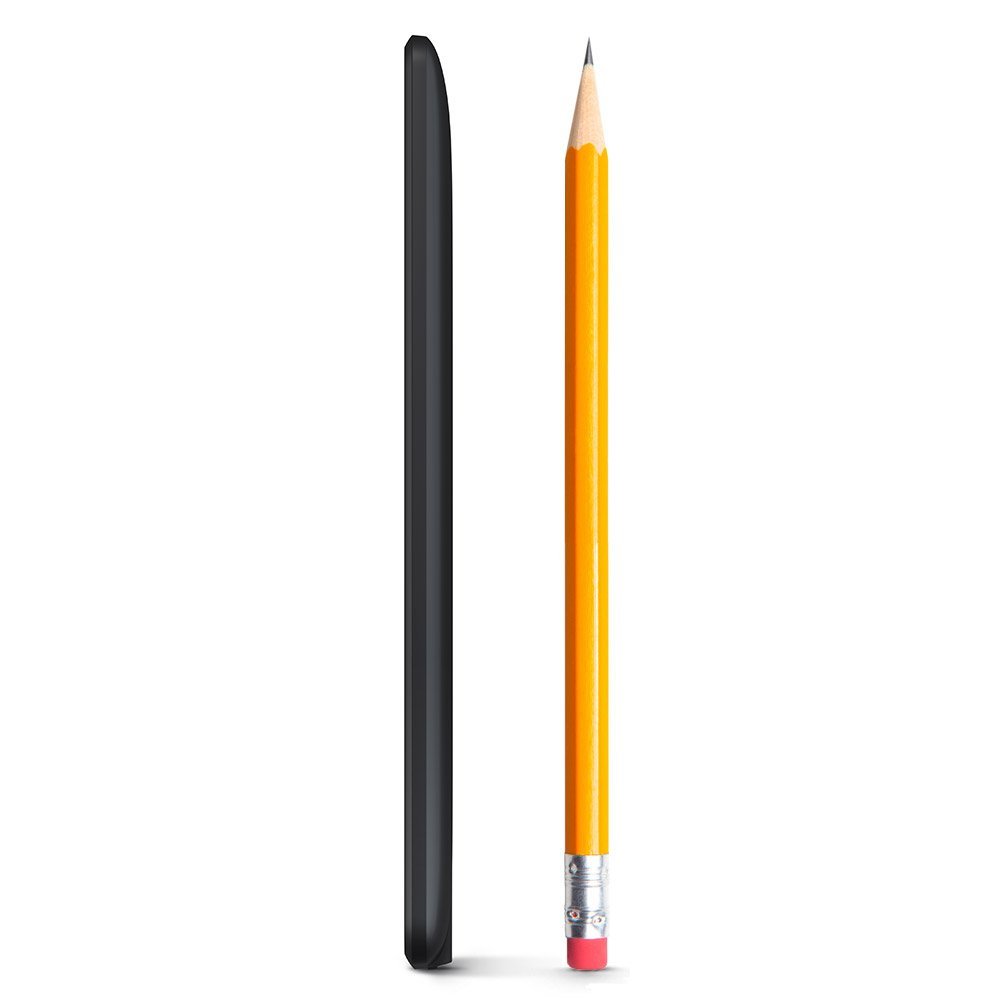
Rishabh Jain: Popularly known as ‘astronomy guru’ to friends and colleagues, Rishabh has an asteroid discovery to his credit. From computer language, he moved to the language of astronomy and astrophotography, his work having featured on BBC Earth and Universe Today. He writes on the subjects of science and technology, and conducts science based programs at EdTerra.

Our educational and fun...
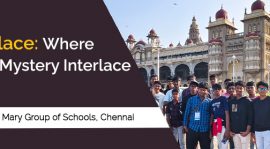
Mysore Palace, also called...

This blog is about...
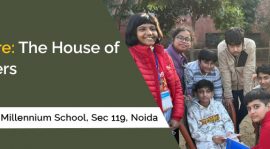
Ranthambore, known for its...
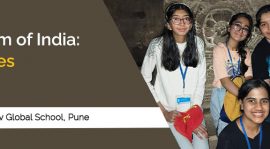
The Ajanta caves are...
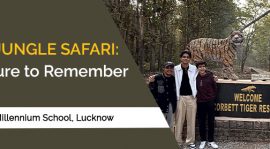
There was a time...
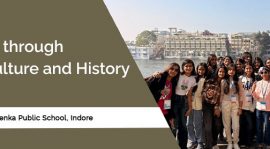
Exploring Udaipur was a...
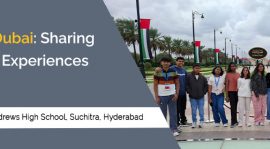
Have you ever thought...
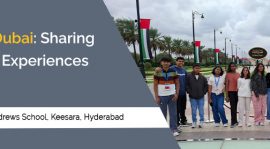
Have you ever thought...

Have you ever thought...
See What Our Edventurers Experience!